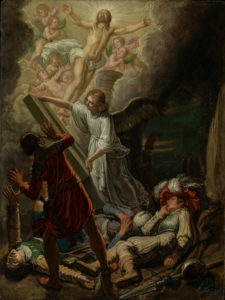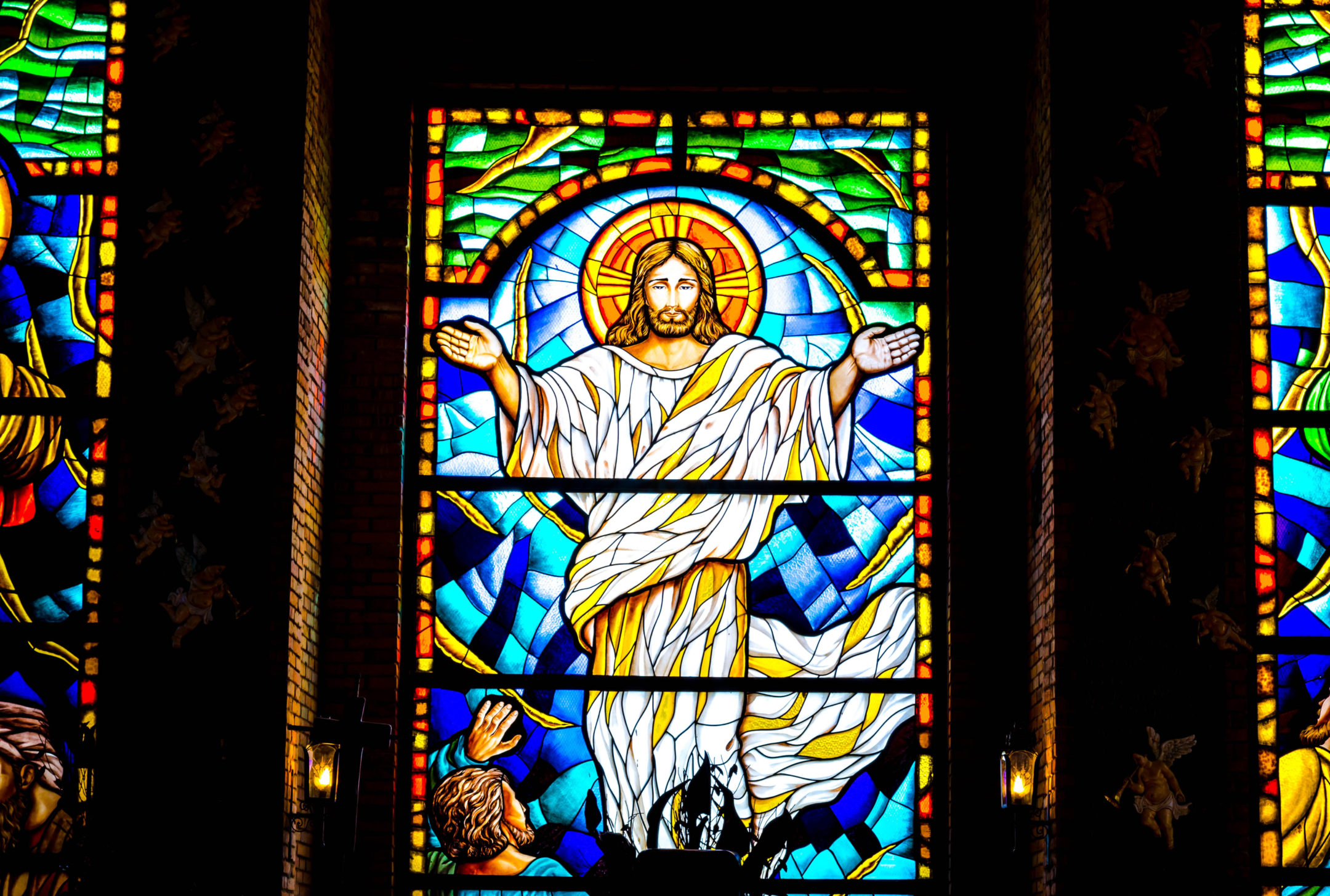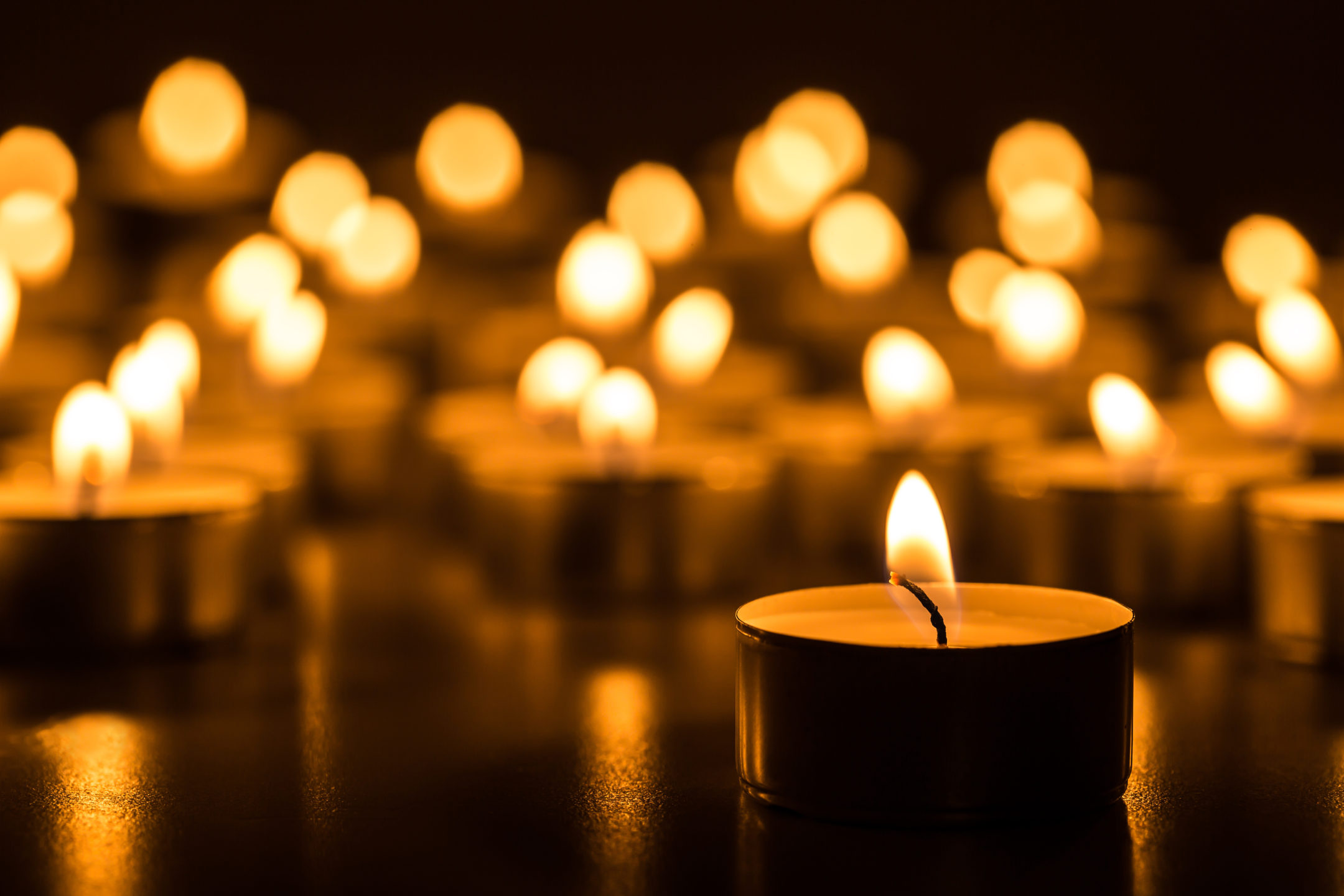On the last day we will rise again with our bodies, now glorified.
 Many non-Christians believe that the soul is immortal. Even people of no particular religion admit they have an instinctive belief in the afterlife. There is something fundamentally human about this. Something in us knows that death is not the end.
Many non-Christians believe that the soul is immortal. Even people of no particular religion admit they have an instinctive belief in the afterlife. There is something fundamentally human about this. Something in us knows that death is not the end.
But Christian faith is more demanding than that.
Christian faith reveals much more and demands much more.
Christians believe not only in the survival of the soul, but also in the resurrection of the body. We believe that humans are creatures composed of body and soul. These elements are separated at death; the soul is sundered from the body, and so human life cannot continue. But the day will come when soul and body are reunited — and life begins again.
Our creeds speak of this with greater precision. If we were to recite them in their original Greek we would say that we believe in the resurrection, not simply “of the body,” but “of the FLESH.” The Greek word for flesh (sarx) was evocative. It could be used to describe the meat hanging in a butcher’s shop.
In the creed it means the meat that hangs on our bones. Back in 1274 the Council of Lyons stated clearly: “We believe in the true resurrection of this flesh that we now possess.” This flesh will rise. It won’t be something else, or somebody else’s. It will be this flesh, and we will love it as our own.
When Jesus rose again, he rose in the body his mother had birthed — the body that had been crucified. He still had his wounds (see John 20:27), but they no longer hobbled him. Christian poets say that he wore his scars like jewels — like trophies of victory.
“The flesh is the hinge of salvation.” So said one of the early Christians. And our Catechism insists on the point: “We believe in God who is creator of the flesh; we believe in the Word made flesh in order to redeem the flesh; we believe in the resurrection of the flesh, the fulfillment of both the creation and the redemption of the flesh” (no. 1015).
On the last day we will rise again with our bodies, now glorified.
We believe not just in the survival of the soul, but in the resurrection of the body. We were created to live forever and find peace and satisfaction in a way that is fully human — in both flesh and spirit. We were made for this, and nothing else will do.
The promise of Easter is the promise of such a resolution in life, such fulfillment in God’s presence forever.

